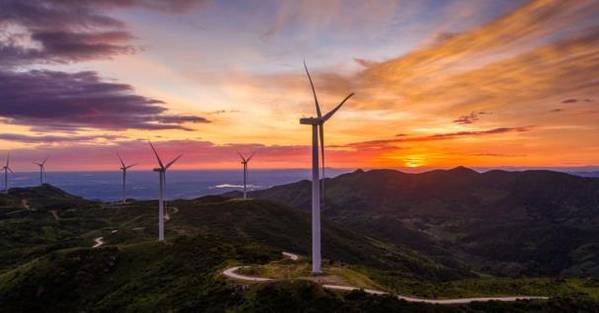
In the first volume of the World Energy Transitions Outlook (WETO) 2023, the International Renewable Energy Agency (IRENA) calls for raised global ambition in renewables deployment.
The WETO 2023: 1.5°C Pathway positions electrification and efficiency as key transition drivers, enabled by renewable energy, clean hydrogen, and sustainable biomass and tracks implementation across all energy sectors. According to the latest edition, some progress has been made, mainly in the power sector with record additions in global renewable capacity of 300GW in 2022. However, the gap between what has been achieved and what is required continues to grow.
More ambitious renewable energy targets are needed, says IRENA. The world must add an average of 1,000GW of renewable power capacity annually by 2030, as well as significantly increase the direct use of renewables in end-use sectors.
IRENA’s Director-General Francesco La Camera said: “We face the harsh reality that we are not on track to deliver on the Paris Agreement. Our only option is to follow the most promising, science-based pathway, one that puts renewable energy at the center of the solution, while leading countries to energy security, reduced energy costs, and forward-looking industrial development.”
The first Global Stocktake will conclude at COP28 later this year in the UAE. The COP28 President-Designate, H.E. Dr Sultan al-Jaber, said: “A goal alone is not enough. This report provides us with a solid pathway to implementation, and I welcome IRENA’s recommendations. I have called for a tripling of renewable energy by 2030, which is in line with IRENA’s WETO report.
“The speed at which the energy transition happens depends on how quickly we can phase up zero-carbon alternatives, whilst ensuring energy security so that nobody is left behind. We also need the political will to create the necessary conditions to rapidly scale up renewables. This must create the frameworks for end-to-end delivery and provide the accessible and affordable finance necessary for project pipelines. To meet our 2030 targets, we need urgent action to fast track expansions of grid infrastructure, to reduce permitting timelines, and to reduce the cost of capital in emerging markets and developing economies.”
WETO has identified that getting the 1.5° pathway back on track requires addressing the following barriers: lack of physical infrastructure, absence of enabling policies and regulations and misalignments in skills and institutional capacity. Adding speed and scale to the energy transition requires rewriting international cooperation. This necessitates an assessment of the roles and responsibilities of national and regional entities, international organisations, international financial institutions and multilateral development banks, to ensure their optimal contributions to the energy transition. It also means ensuring that funds reach the world’s most vulnerable.
IRENA works closely with countries to support the development and implementation of renewable energy policies and provides technical assistance and capacity building to help countries to increase the share of renewables in their energy mix.